Public hearings in genocide dispute begin
The International Court of Justice (ICJ) in The Hague opened on Monday a public hearing in a case of mutual charges of genocide between Croatia and Serbia.
Monday, 03.03.2014.
10:11

Public hearings in genocide dispute begin
“The Court is not deciding war crimes or crimes against humanity, nor these crimes, if the Court finds they have been committed, may be a subject of this dispute,” Slavoljub Carić, head of the Department for International Legal Affairs at the Serbian Foreign Ministry, has told Tanjug.He said that the Court should determine whether genocide was committed, and, if so, whether its commission or failure to prevent its taking place can be directly linked to the state administrations of the two countries.
“Only if a judgment says that a country is responsible for genocide can the issue of compensation for damages be raised,” said Carić.
The public hearings should be the final stage in the proceedings launched by Croatia in 1999, in the midst of NATO aggression against the then Federal Republic of Yugoslavia (comprised of Serbia and Montenegro).
Croatia instituted the proceedings before the ICJ on July 2, 1999, demanding financial compensation in the amount determined by the court, punishment for all war criminals, information about missing persons and return of stolen cultural heritage.
In its application, Croatia contended that, “by directly controlling the activity of its armed forces, intelligence agents, and various paramilitary detachments” on the territory of Croatia, Serbia was liable for the “ethnic cleansing” committed against Croatian citizens, “a form of genocide which resulted in large numbers of Croatian citizens being displaced, killed, tortured, or illegally detained, as well as extensive property destruction.”
Croatia stated that "about 10,000 people were killed, while more than 7,000 were detained in camps in Vukovar, the Knin region, eastern and western Slavonia and Dalmatia."
On September 11, 2002, Serbia (then the Federal Republic of Yugoslavia - FRY/SRJ - a state union of Serbia and Montenegro) raised preliminary objections to ICJ jurisdiction and admissibility, maintaining in particular that the Court lacked jurisdiction to deal with the case including events taking place before April 27, 1992, which marked the formal end of the Socialist Federal Republic of Yugoslavia (SFRY) and proclamation of the FRY, because the FRY was neither party to the ICJ Statute nor to the Genocide Convention on the date the proceedings were instituted before the ICJ.
However, on November 10, 2008, the ICJ dismissed Serbia’s argument on this point and found that it was competent in the dispute, excluding Montenegro from the case since it had declared independence in the meantime.
Serbia filed its counter-claim on January 4, 2010, accusing Croatia of genocide and ethnic cleansing affecting around 230,000 Serbs during Operation Storm, including the murder of about 7,000 Serbs and close to 2,000 missing.
The documents Serbia submitted to the ICJ contain evidence of crimes committed against Serbs in Gospic, Sisak, Pakračka Dolina, Karlovac, Osijek, Paulin Dvor, Medački Džep (Pocket), Maslenica and during Operation Flash and Operation Storm.
Serbia’s counter-claim points to the continuity of genocide, as the Croatian Nazis (Ustasha) killed several hundred thousand Serbs, Jews and Roma in the Independent state of Croatia (NDH) during World War II.
The Serbian argument was collected in three volumes spanning over 1,000 pages and three annexes, and the answer to Croatia’s accusations totals 322 pages.
Serbia wants the ICJ to order Croatia to punish those responsible, pay compensation to Croatian Serbs for their losses and provide legal conditions for a safe return of Serb refugees to their homes and for their normal life.
According to estimates by the Association of Refugees and other associations of Serbs from Croatia, the total value of destroyed, looted and usurped property of the Serbs expelled and displaced from Croatia amounts to over EUR 30 billion.
Chief legal representative of Serbia in this case is Saša Obradović, and team members include: professor William Schabas, a leading legal authority on the issue of genocide, German jurist Andreas Zimmerman, who was involved in disputes between Serbia and Bosnia and Kosovo , British lawyer Wayne Jordash, who defended Jovica Stanišić before the ICTY, and Belgrade lawyer Novak Lukić, former counsel for Momčilo Perišić and Veselin Šljivančanin.
Croatia will be represented by professor of international law Vesna Crnić-Grotić, Deputy Minister of Foreign Affairs Andrea Metelko-Zgombić, prominent British lawyers James Crawford, Philippe Sands, and Keir Starmer.
Members of the Croatian team will also be U.S. attorney Luka Misetic, who represented Ante Gotovina before the ICTY.
The hearing will be chaired by President of the Court Peter Tomka (Slovakia), and the dispute will be decided by 15 permanent and two ad hoc judges - Budislav Luks from Croatia and Milenko Kreć from Serbia.
Last week, the court announced that reporting about witness and expert testimonies from these proceedings would be embargoed until April 1.
"New evidence"
Head of the Croatian legal team Vesna Crnić-Grotić said on Monday that Croatia will present its evidence during the hearing before the International Court of Justice (ICJ) in The Hague, which will include some new materials to support the claim that Serbia committed a suicide in its territory in the period from 1991 to 1995.Accusing former president of the Federal Republic of Yugoslavia Slobodan Milošević of leadership in crimes which the Yugoslav People's Army (JNA) as the army of dissolved SFRY "committed on behalf of Serbia," Crnić-Grotić said that incumbent Serbian President Tomislav Nikolić "did not recognize the Srebrenica genocide nor has he disowned leader of the Serbn Radical Party Vojislav Šešelj or the ties with para-military formations."
"The incumbent government in Belgrade did not demonstrate the willingness to disown crimes which Serbia committed in the past," Crnić-Grotić said discussing Croatia's decision to demand that justice be served before the ICJ and noting that the fact that the ICJ prosecutor did not individually accused anyone for genocide does not mean it did not happen.
During his presentation before the Court, the video was played which depicts 1991 conflicts in Vukovar and points to Serbia's intentions to destroy Croats in the city with the help of JNA.
Later in the week, the Croatian legal team will present to the Court the crimes committed in Lovas, Vukovar and other parts of Croatia with the aim of setting up a "Greater Serbia."
"We will be guided by written documents but we will present new evidence material and new information on mass graves discovered over the past 15 years," she said.
ICT President Judge Peter Tomka delivered a brief presentation of the course of the dispute between Serbia and Croatia which began 15 years ago when Croatia filed a genocide suit to which Serbia responded by submitting a counter-suit in 2010.
The first round of the hearing in the dispute between Serbia and Croatia has begun and Tomka informed participants about the stand of the sides in the dispute concerning the interrogation of witnesses whose statements will not be issued by the end of the hearing on April 1.
The Serbian legal team will start presenting its case on March 10.
The hearing on Monday is followed by over 50 accredited reporters from Serbia, Croatia, Russia, Germany, France, Slovenia and the Netherlands via video links,.
In its counter-suit, Serbia required for Croatia to provide full indemnity for Serbs from Serb Krajina for all the losses and damages inflicted on them by the genocide and also to create the necessary legal conditions and secure environment for a safe and free return of members of the Serb community to their homes in Croatia.
The Belgrade government wants Croatia to remove from the law on national holidays the Victory and Homeland Thanksgiving Day and the Day of Croatian Defenders observed on August 5, "on the day of the triumph of genocidal Operation Storm."






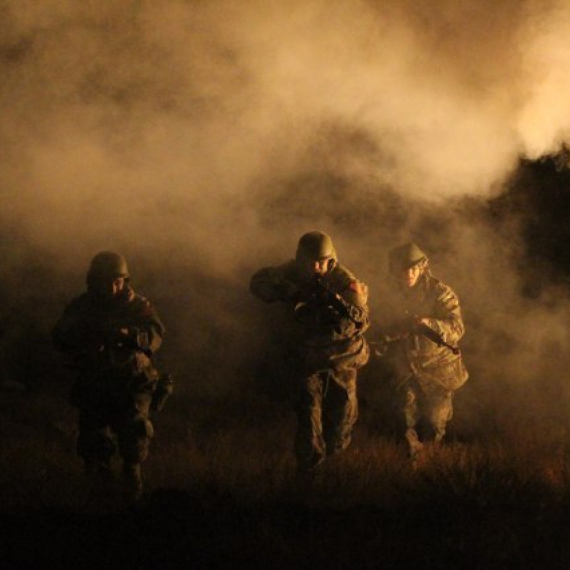



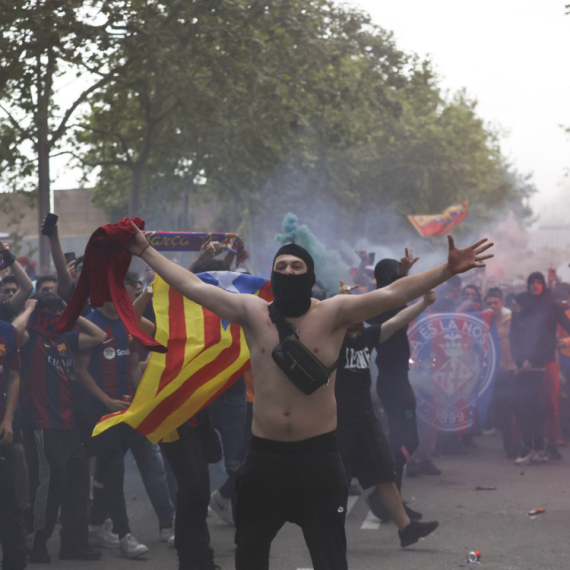




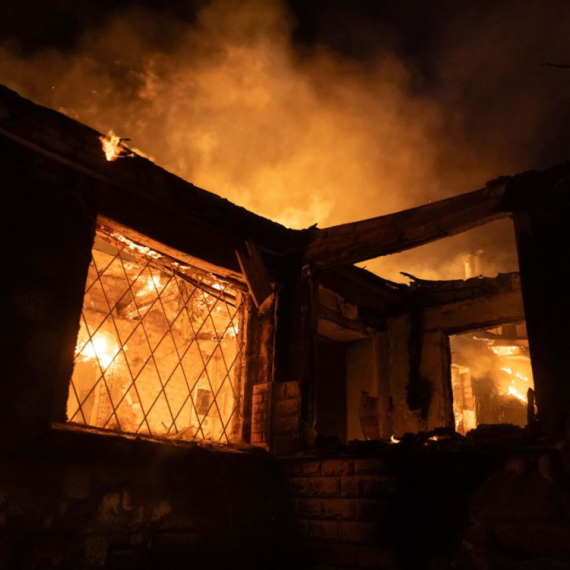

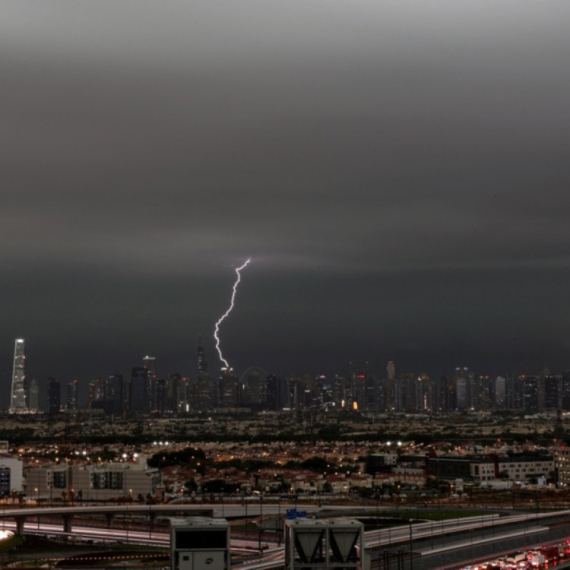
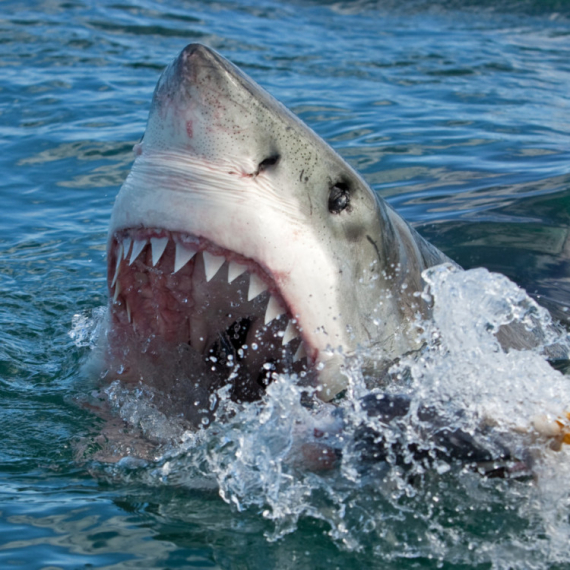
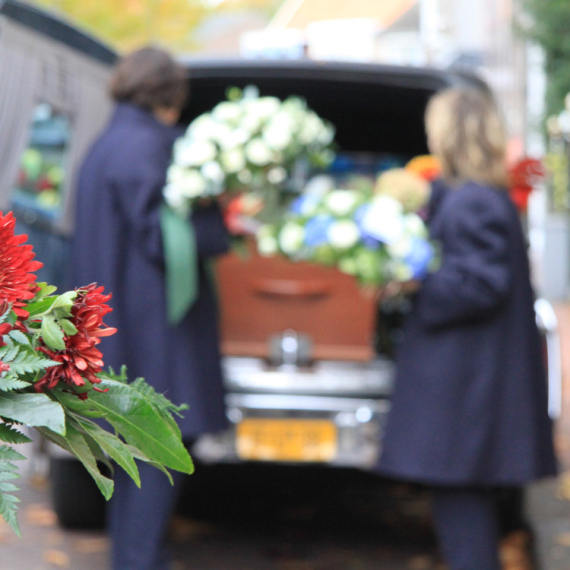
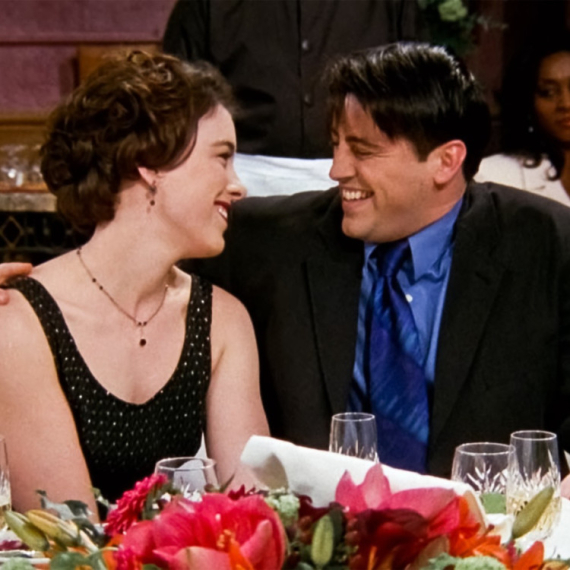
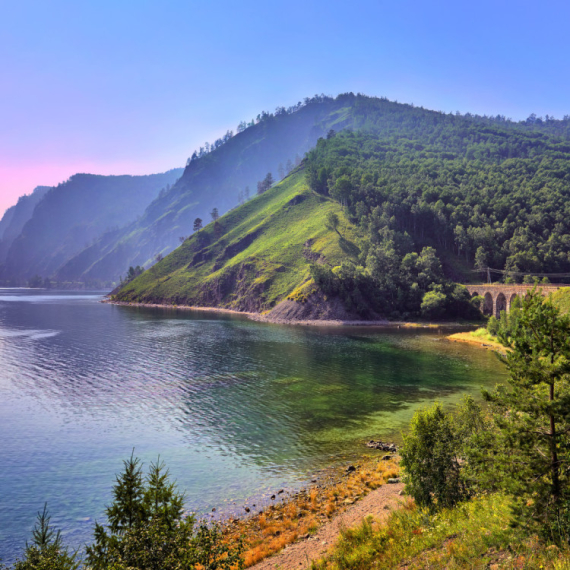















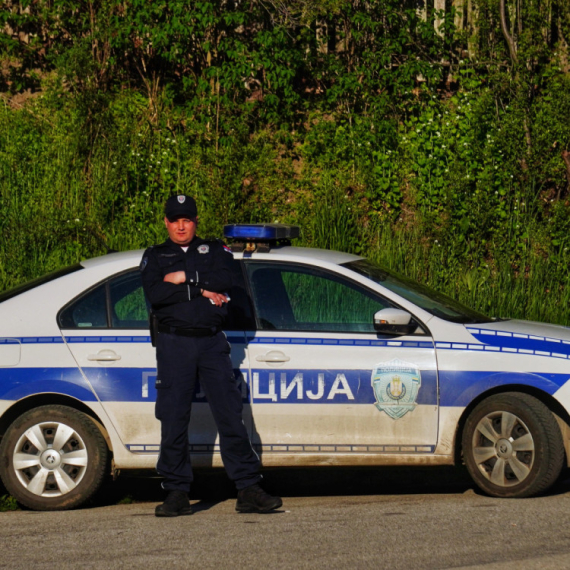










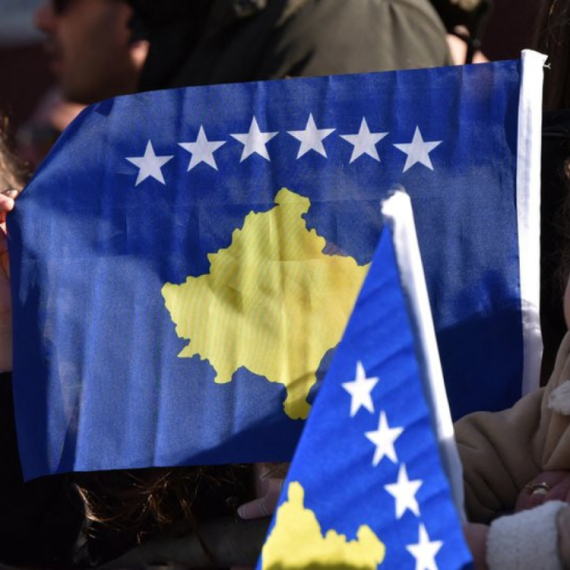





Komentari 9
Pogledaj komentare